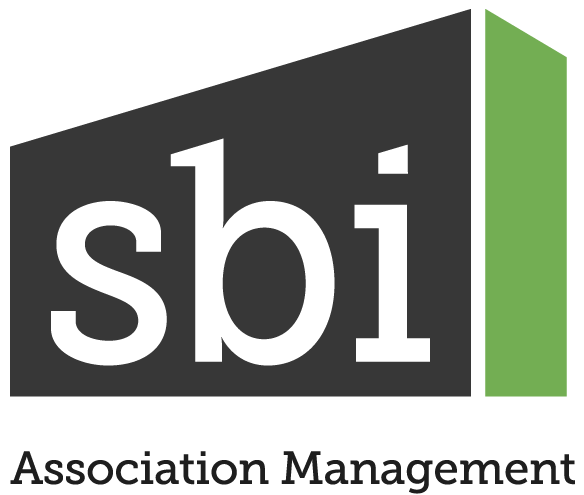Collegium Partners, Inc. announced the acquisition of Alexander Haas, Inc., a renowned national fundraising consulting firm headquartered in Atlanta, GA. This strategic move represents Collegium’s fifteenth transaction, fortifying the holding company’s status as the industry powerhouse in nonprofit management. Terms of the transaction were not disclosed.
Alexander Haas has long been a trusted partner for organizations seeking to optimize their fundraising strategies. Along with its national reach, the firm brings nearly 40 years of exceptional work to further augment Collegium’s capabilities. Alexander Haas, like all Collegium partner companies, will retain its leadership and brand identity and continue to operate as a distinct entity.
David King, President and CEO of Alexander Haas, expressed his enthusiasm about the decision to join Collegium, saying, “We are always seeking ways to add value for our clients, and our partnership with Collegium will empower both our current and future clients to navigate the evolving landscape of modern philanthropy. This interdependent partnership is a win-win-win for Alexander Haas, Collegium, and, most importantly, our clients.”
Collegium has become a transformative force within the professional services landscape by leveraging the collective power of professional services to propel nonprofits toward unprecedented levels of success. Collegium’s harnessing of best-in-class firms is not merely transactional but a bold initiative to reshape the industry.
“We are thrilled to welcome Alexander Haas to Collegium,” said Craig Leach, Founder and Chair at Collegium. “This acquisition represents a synergistic alignment of values, expertise, and a shared commitment to making a positive impact on the nonprofit sector. This strategic move marks a new standard in nonprofit management. Consolidation of our industry serves as a tangible demonstration of Collegium’s commitment to pushing boundaries in a market ripe for innovation.”
Collegium is dedicated to its mission of elevating professional standards and productivity within the world’s leading mission-driven organizations. Collegium provides a one-stop destination for fundraising; management & strategy; talent recruitment & development; branding & communications; and technology & data. This partnership with Alexander Haas will redefine the standards of excellence in fundraising, offering modern nonprofits access to the kind of collaborative and innovative thinking that today’s realities demand.
About Alexander Haas
Alexander Haas is a highly regarded, thirty-six-year-old fundraising consulting firm with a rich history of providing expert guidance to nonprofit organizations, educational institutions, museums and cultural organizations, and others engaged in philanthropic endeavors. With a commitment to excellence, Alexander Haas has helped clients navigate the complexities of fundraising and achieve impactful results. Learn more at http://alexanderhaas.com/.





